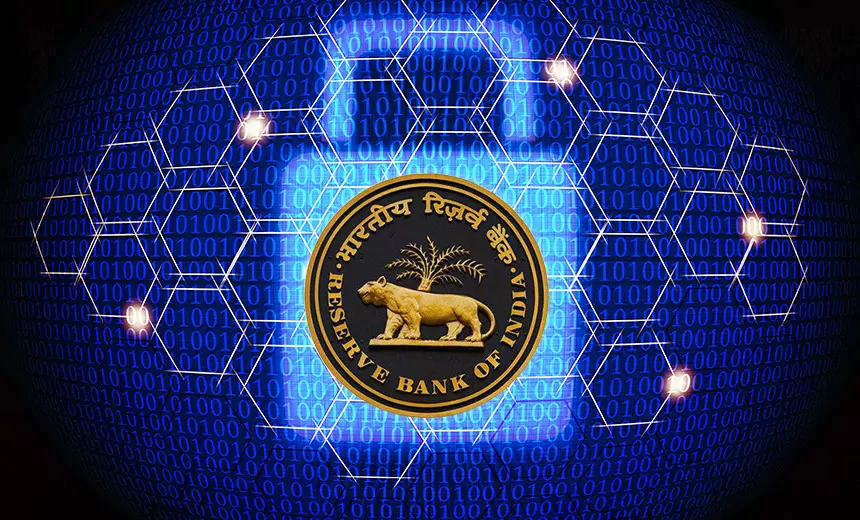Europe's ESMA wish to audit CCIL 'extra jurisdictional', will never agree to the demand: RBI DG
RBI Deputy Guv T Rabi Sankar criticized the European Securities and Markets Authority's demand to audit India's Clearing Corporation, calling it "extra jurisdictional" and unacceptable. He emphasized India’s commitment to sovereignty in regulatory matters. He also discussed India's readiness for currency volatility, growth in UPI, digital payment adoption, and pilot testing of a central bank digital currency
image for illustrative purpose

Mumbai: Reserve Bank of India (RBI) Deputy Governor T Rabi Sankar on Thursday said the European Securities and Markets Authority is being "extra jurisdictional" in its wish to audit the Clearing Corporation of India (CCIL) and India will never accede to its demands. Speaking at the annual BFSI event run by Business Standard here, Sankar said with a deadline to find a solution lapsing in October, no "specific deadline" has been set to settle the over two-year old imbroglio. "The issue is that we have taken a very consistent stand that ESMA is being extra jurisdictional in telling us how we should do regulation," Sankar said, adding that India had taken an accommodative stance on it but the European law does not allow for it.
Without elaborating on any specifics, he, however, said there are some discussions that are continuing but made clear India's stand on it. "There is no way we can agree to that. It is not possible to agree to that without compromising on your sovereignty of, you know, policymaking. There is no way anyone can agree. If other countries have agreed, I do not understand how they have," Sankar said. To explain the issue, Sankar gave the analogy of a kid going around houses in a neighbourhood, and wondered how a neighbour can be allowed to inspect the house next door where the kid goes to play and that too, on a periodical basis. It can be noted that ESMA has been seeking to audit Clearing Corporation of India (CCIL), on which all the Indian government securities are traded, just because European banks deal in the securities.
Meanwhile, on the volatilities in the currency markets as a result of Republican nominee Donald Trump getting re-elected as the US President, Sankar said India is well equipped to handle the impact on the exchange rate. "We would be able to manage any excessive volatility in the exchange rate in terms of our reserves and in terms of the health of the economy. We are well-placed there," he said. He said India's inclusion in major bond indices will also help India get continued flows into the Indian markets from foreign investors, and added that he hopes an inclusion in the Bloomberg index as well soon after J P Morgan and FTSE. Sankar said the RBI wants the UPI to deepen and get into sections of the economy untouched by the digital payments apps, but added that the currency in circulation will not go down because of the significant jump in adoption of UPI.
However, there is some evidence emerging lately wherein the growth in CIC seems to be going down as the UPI volumes are picking up, the DG said, adding that we cannot assertively come to any conclusion yet on this. "To be honest, as long as UPI and digital payments keep going up, I don't think I'll spend sleepless nights if currency in circulation also keeps going up," he said. The DG said the number of frauds is going up and the amounts are also going up, but we are seeing a reduction in the number of transactions per fraud, and the RBI is working on putting an AI-led database to train the systems for early warnings and mitigation. On the rollout of central bank digital currency, Sankar said we will have to be more careful and the RBI is more happy continuing with the pilot for now.

